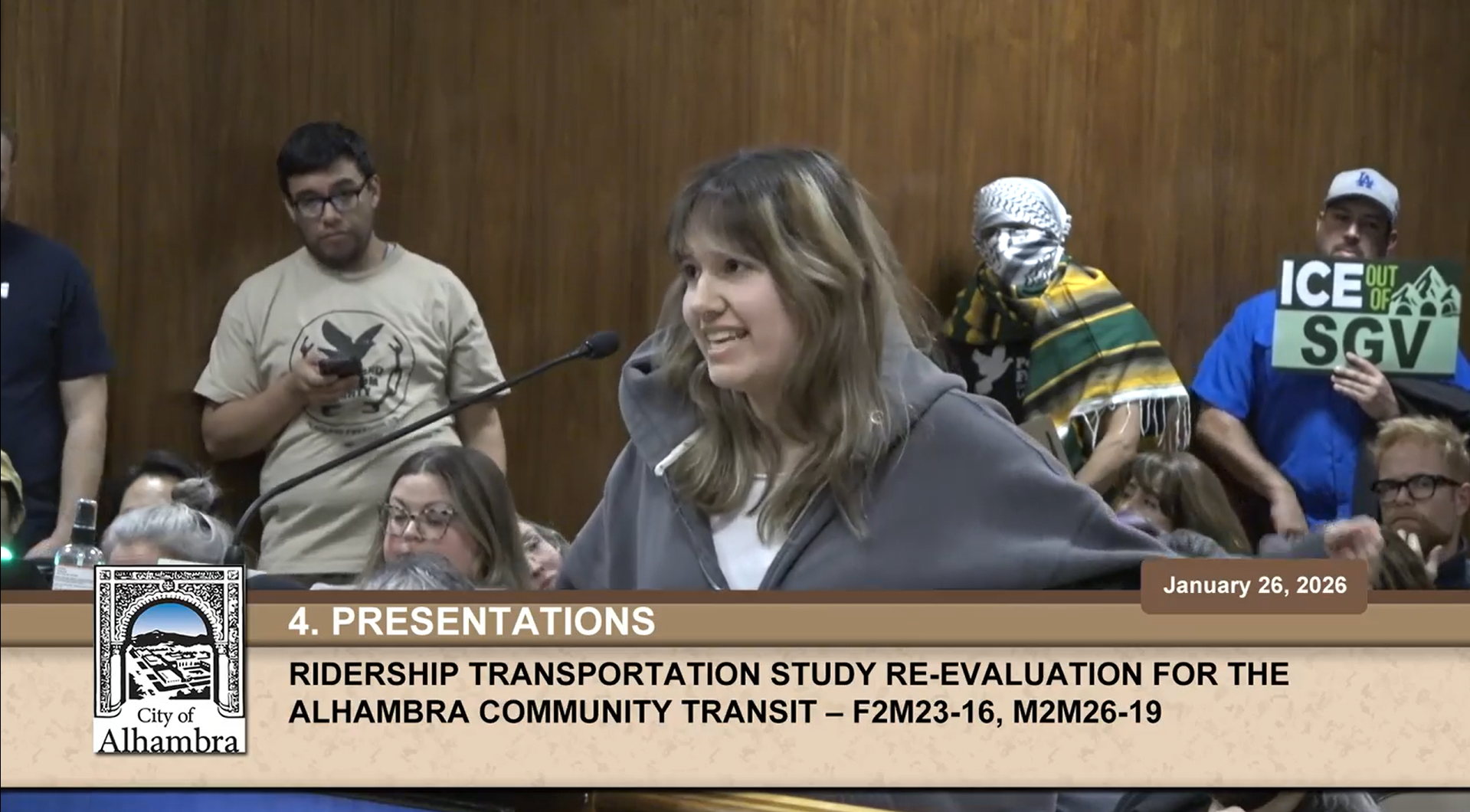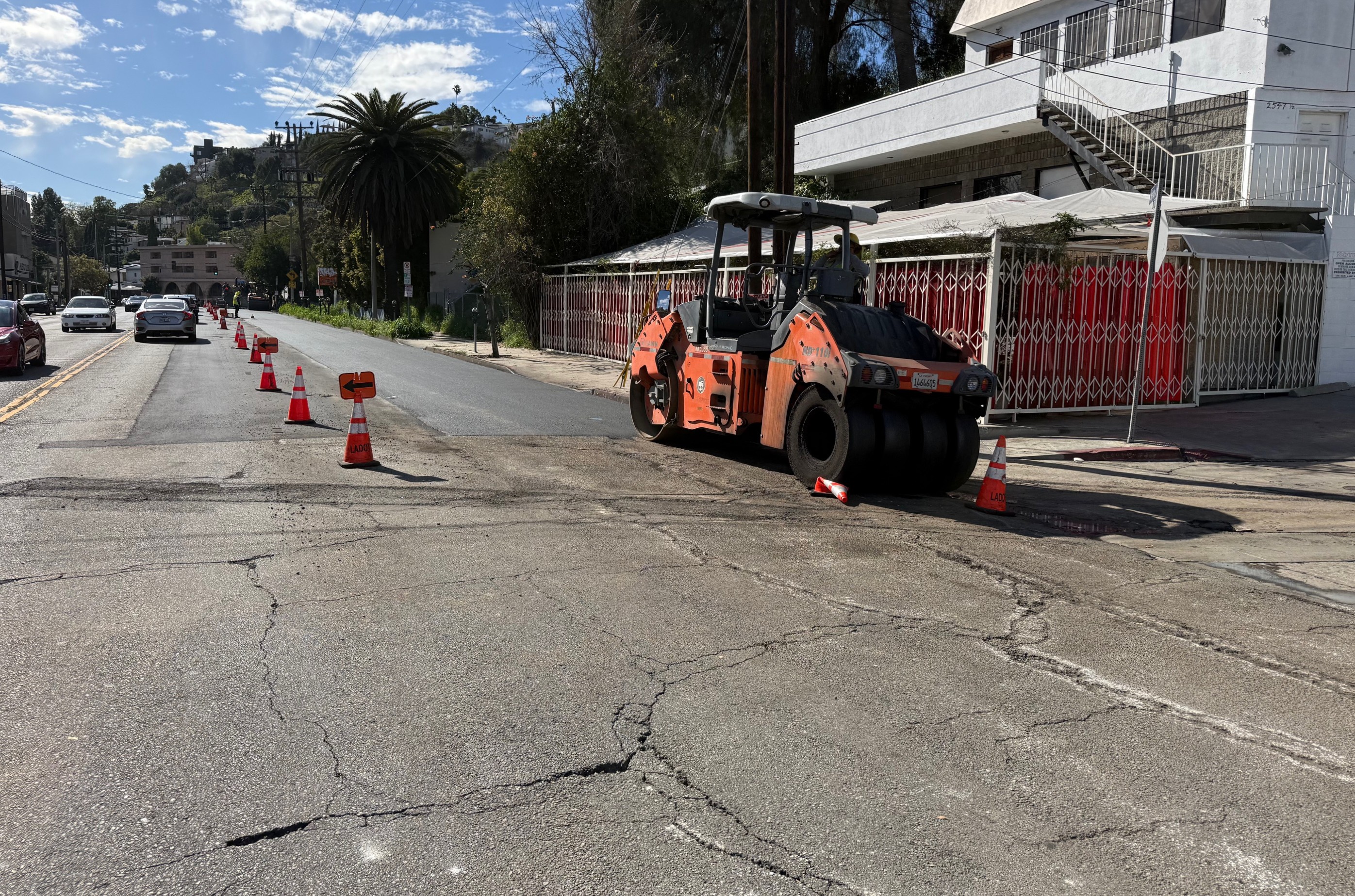
It's been a rough few days for auto makers.
News broke last week that Volkswagen will be fined because the carmaker manipulated the data from its diesel vehicles to make emissions look lower, deceiving U.S. environmental regulators.
And on Thursday, General Motors reached a $900 million settlement with the Justice Department for covering up a defect in its ignition switches that claimed the lives of at least 120 victims over 17 years. Almost 1,500 victims have been pursuing a civil suit against the company.
Most of the chatter about the GM deal has been in the vein of this USA Today editorial calling the punishment too lenient. It looks like all GM's employees will escape criminal charges, even though the company knew about the problem before the faulty cars even went into production in 2002. The newspaper noted that the company's stock was up 11 cents on the news of the settlement's details.
Auto defects are a serious issue. According to Edmunds.com "63 million passenger vehicles were recalled in 2014," the biggest year for recalls ever. Most of the defects are not as serious as what GM is under fire for. The ignition switch problem affected 7 million vehicles over 17 years, Edmunds reports.
What's interesting, from a safety perspective that encompasses streets as well as vehicles, is that the auto companies are held to account for dangerous conditions to a much greater degree than the engineers who design our streets.
After all, about 33,000 people are killed on American streets annually -- a much higher rate than most of our peer countries -- and street design is a major factor. But the designers of streets are rarely, if ever, sued when someone is killed because of dangerous, high-speed conditions.
The GM settlement comes out to $7.3 million per confirmed death. If those types of penalties were applied to cities where street designs have led to demonstrably higher rates of injuries and fatalities, how would that affect public safety and the built environment?
Consider Tampa's Hillsborough Avenue, a wide, high-speed arterial street that runs past a local high school. From 2008 to 2012, motorists struck and injured 21 people walking or biking on just an eight-block stretch. Two of the victims were Middleton High School girls, Shenika Davis and Norma Velasquez-Cabrera, both 15, killed in separate incidents. One month after the second death, an 18-year-old classmate was gravely injured in the same area. As a result of the public outcry, the city is pursuing some design changes that will -- hopefully -- make the road safer.
But no one will face repercussions for the deaths of Davis and Velasquez-Cabrera. The National Highway Traffic Safety Administration isn't investigating Tampa's streets department for negligence or failure to ensure public safety. The victims' families won't be awarded a multi-million-dollar settlement.
The United States could prevent thousands of deaths each year by designing streets to better safety standards. But engineers enjoy a level of immunity we do not afford corporate entities that sell consumer products.
Why is that? We asked civil engineer Chuck Marohn of Strong Towns.
Marohn said there is really no mechanism for holding designers of public roads responsible when their product kills people. Engineers, and the municipalities that employ them, enjoy a large degree of legal immunity. "They would need to bring a lawsuit against the city, and our legal system gives huge deference to legislative bodies (city councils) and the decisions they make," Marohn said in an email.
As long as they are abiding by local design standards (or if no local standard has been established, national standards like the Manual on Uniform Traffic Control Devices), engineers generally don't need to worry about being held responsible. In fact, many engineers worry that if they deviate from American standards and design streets in accordance with standards that have proven safer in other countries, they will be at risk of getting sued.
Marohn says that despite the long odds, it would be worth it to legally challenge cities that have created dangerous conditions despite sticking to the standards they're comfortable with.
"I'd like to see people be more aggressive with lawsuits where engineers, even if they follow standards, clearly ignore the safety of different classes of individuals," he said. "I think they could win."






